EXPERTS
Prof. Jin Ae Kim
Dr. Kim is a Ronald Reagan Clinic Scholar and Senior Fellow, an AI neuropsychology expert, and a leading global researcher in human adaptation, AI ethics, and natural language processing models. She oversees both our Human Development Research Cluster and our seminars in human development (AI cognition, AI and social adaptation, AI race-based bias, human development and the future of mental health).
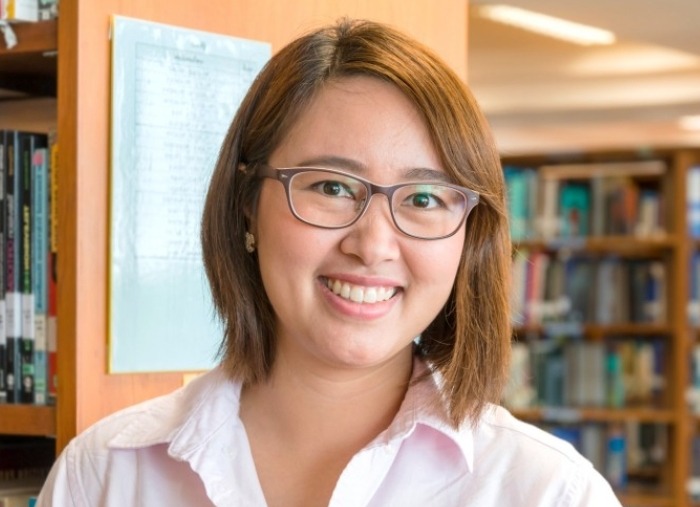

Dr. Kim's transdisciplinary research agenda uses human psychology, applied artificial intelligence, and the emerging field of machine psychology to understand and more accurately predict ethical and social limits, disruptions, flaws, and dichotomies concerning AI design. She holds a Ph.D. in neuropsychology from Princeton University (degree) and UC Berkeley (residence), a master of social sciences from University of California UCLA (MASS, Dean's Honor Scholar, first in class), a master in advanced computer science from the University of Oxford (MSc., First in class), and a bachelor in psychology from Seoul National University SNU (BSc., summa cum laude).
Dr. Kim has been Research Team Leader at Taiwan Semiconductors Inc., Samsung International Inc., Samsung Research America, Siemens Asia, and Qualcomm. She is member of the American Psychological Association (APA), the Korean Psychological Association (KPA), and the Korean Counseling Association as well as Editor in Chief of the Korean Journal of Applied Psychology. Her works have been referred and cited by UNESCO and the United Nations Population Fund. She is Co-editor of HRC's upcoming report on AI Regulation and the Future of Humanity.
For media inquiries, please contact us at: media@haclr.org. Dr. Kim is fluent in English, Korean, Japanese, Mandarin, and Cantonese.
Dr. Alexandra Erlan
Dr. Alexandra Erlan is an IBM Scholar and Senior Fellow, a Research Fellow at Caltech, and a leading scholar in astrophysics, quantum physics, and spatial intelligence. She holds a Ph.D. in quantum physics from MIT, a Ph.D. in astrophysics from UCLA, a master in technology from ETZ Zurich (MS), and a bachelor of science from Heidelberg University (BSc.)
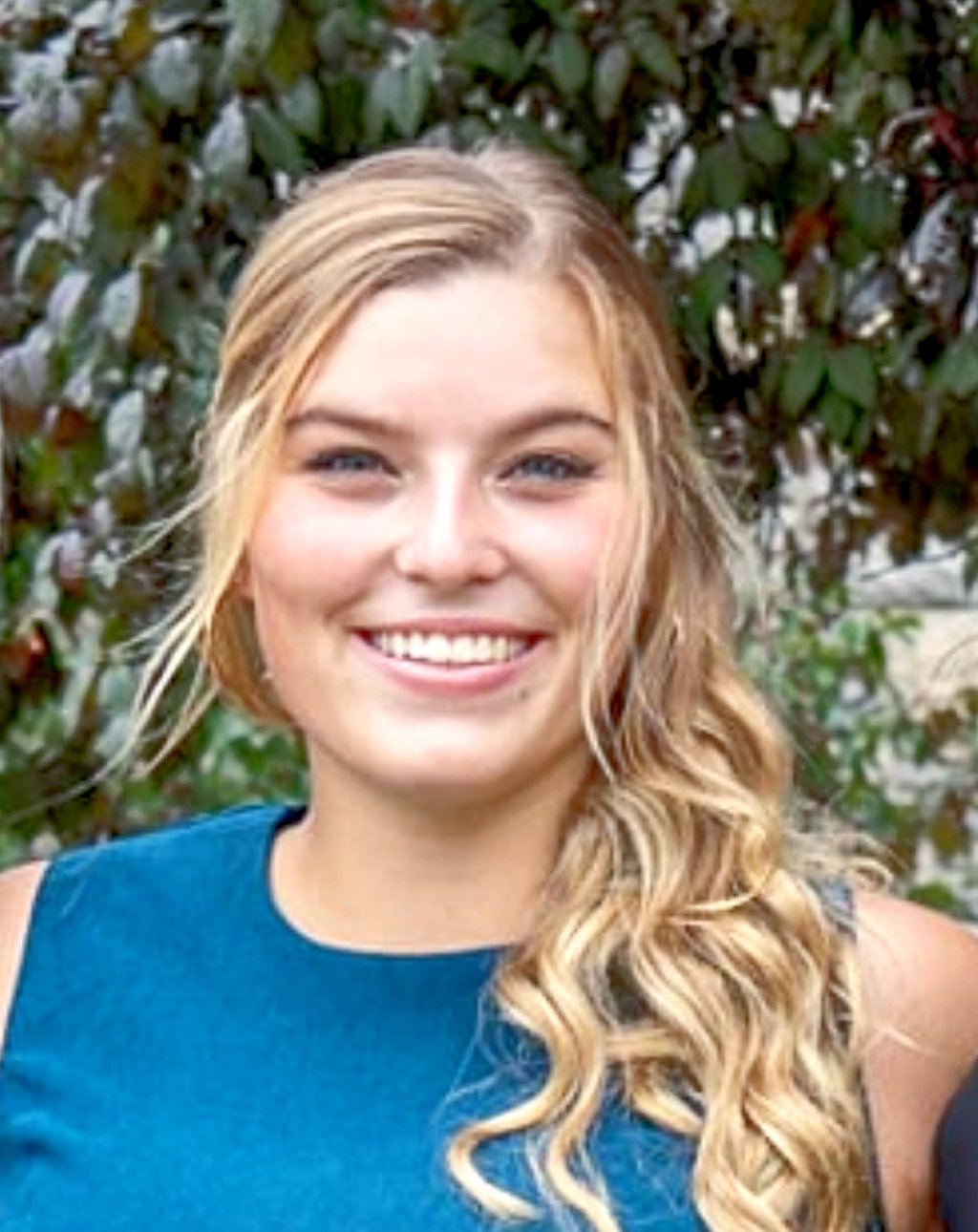

Dr. Erlan is currently conducting advanced transdisciplinary research in astroparticles divisions and quantum artificial intelligence integration in space programs. She has been reference team researcher at NASA-Caltech Connection (Spitzer Space Telescope) and at the Canadian Space Agency CSA (James Webb Space Telescope). Dr. Erlen will be conducting research at HRC Indianapolis and at the Center for Advanced Computing in Ohio while supporting with her expertise HRC's AI regulation research report regarding space administration and the scientific/ethical implications of quantum integration and quantum astrophysics.
Prior to joining HRC and Caltech, Dr. Erlan worked as analyst at IBM, technical supervisor at Tesla, Visiting Fellow at HRC Indianapolis, and quantum lead at IonQ, Palo Alto Networks, and Microsoft Quantum.
For media inquiries, please contact us at: media@haclr.org. Dr. Erlan is fluent in English, German, Dutch, Swedish, and Finnish.
Dr. Anne Moore
Dr. Moore is an Artemis-NASA Scholar and Senior Fellow, a quantum physicist expert, and a leading scholar in Quantum Artificial Intelligence (QAI) and Machine Learning Integration (MLI). She oversees both our Quantum Integration Research Cluster and our seminars in AI development, quantum technology, and QAI and the future of humanity.


Dr. Moore's interdisciplinary research agenda concentrates on non-supervised and supercomputers approximation methods, the future of applied intelligence, and exponential QML integration. She holds a Ph.D. in quantum physics from Caltech (degree) and Stanford University (residence), a master of science with major in advanced biophysics from MIT (MS., magna cum laude, first in class), a master in computer science with major in applied intelligence from Stanford (MS., cum laude), and a bachelor of science in physics from Caltech (BSc., Dean's Honor Scholar, first in class). Prior to joining HRC, Dr. Moore was awarded a National Space Research Grant by the National Aeronautics and Space Administration (NASA), along with a Visiting Fellowship at the Future of Humanity Institute at Oxford University.
Dr. Moore is coauthor of the quantum shift, neural networks dimensional flaws, and the AI absorption/disruption model. Her works have been cited both in Nature and Scientific America. She has been quantum lead and AI contributor at IBM Research, Supermicro and Tesla as well as physicist contributor at NASA (Artemis I, Orion launch), the Massachusetts Institute of Technology Computer Science Intelligence Lab (SCAIL), and the Sustainable Future Innitiative at the National Institute for Quantum Science and Technology of Japon. She has been invited lecturer at Caltech and the Universities of Oxford, Stanford, Princeton, and Tokyo. Dr. Moore has been consulted by leading media outlets around the world, including National Geographic, DW Deutsche Welle, RAI Italy, TIME Magazine, The Telegraph, The Guardian, Asahi Shinbum, and Times of India. She is Co-director of HRC's upcoming research report on AI Regulation and the Future of Humanity.
For media inquieres, please contact us at: media@haclr.org. Dr. Moore is fluent in English, French, German, and Japanese.
Prof. Kenji Sato
Professor Kenji Sato is a Smithsonian Researcher, AI engineer, and an expert in deep learning design. He holds a Ph.D in biotechnology from Johns Hopkins University, a master's in mechanical engineering from Stanford, a master in engineering design and management from Tokyo University, and a doble degree in science and engineering from the Tokyo Institute of Technology and Osaka University.
Prior to joining HRC Indianapolis as our Smithsonian Researcher in Residence, Prof. Sato worked at the Universities of Kyoto and Tokyo. He conducted structural transdiscilnary research on AI construction (adversarial neural networks) and AI development (QAI) at the Advanced Institute of Technology while supporting the Hiroshima AI Process in Japan.
Prof. Sato is currently conducting research in DL automated response mechanisms and DL multi-modal learning while supporting HRC research clusters in AI Development and Quantum Integration. Prof. Sato is also supporting HRC's report on AI Regulation and the Future of Humanity.
Prof. Cas Jansen
Professor Cas Jansen is a Visiting Fellow in Residence at HRC Indianapolis, an expert in treaty law, and a leading European scholar in AI regulation. He holds a Ph.D. in law and technology from Cambridge University, a master's degree in comparative law (LL.M.) along with a law degree (LL.B.) from Amsterdam University, and a bachelor of science from Henze University.
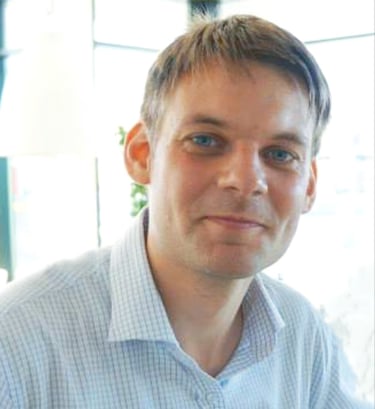

Professor Jansen is currently conducting advanced research on neural networks regulation and data ownership. He has been a leading researcher and contributor at the European Commission and the European Parliament (AI European Act). Professor Jansen is also supporting HRC's AI regulation report (European regulation) and will also serve as invited co-editor in chief for the upcoming issue of the American Comparative Law Review HACLR.
Before academia, Professor Jansen worked for Airbus and ASML Holdings in cybersecurity. He directed multiple case studies on in data loss prevention and information security in the Netherlands and Germany.
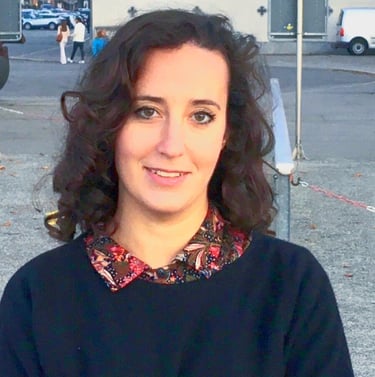

Dr. Conti is member of the Italian Association of International Law, the American Bar Association (ABA), and the New York Bar Association. She has been Deputy Ministry in Public Affairs in Italy, Senior Assistant for the Chief Staff at the European Commission, and Legal Officer at the United Nations in New York (Italian Delegation).
Dr. Conti is currently conducting research in AI regulation in North America (Canada and the United States) and will be working in Capitol Hill at the Congressional Research Service while supporting HRC's AI regulation report with her expertise in public policy an international regulation.
Dr. Simone Conti
Dr. Simone Conti is a Visiting Fellow in Residence at HRC Indianapolis, public policy expert, and a leading scholar in virtual identity, AI design models, and AI policy regulation. She holds a PhD in public policy from Chicago University, a doctorate in jurisprudence from Harvard University (SJD, LLM waived)), a master's degree in public affairs from University of Paris II Sorbonne-Assas (M2), and a law degree from Sapienza University of Rome (LLB).
Dr. Anita Kapoor
Dr. Anita Kapoor is a Clevelad Clinic Researcher in Residence, a nanotechnology expert, and a leading nanoscientist researcher in nanocomputing, medical imaging, neuroengineering, and regenerative medicine. She holds a PhD in nanoscience and nanotechnology from University of Cambridge (degree) and University of California UCLA (residence), a master in biomedical engineering from Brown University (Sc M), a medical degree with major in health sciences and technology from Harvard University (HST-MD), and a bachelor of sciences from the Indian Institute of Science IIS (BSc).
Dr. Kapoor served as medical field-officer for the United Nations in Bangladesh, Somalia, Rwanda, Senegal, and Burkina Faso. She completed her residency at the Ronald Reagan UCLA Medical Center in California. She was also appointed as research fellow at the Cleveland Clinic and the Johns Hopkins Institute for NanoBio Technology.
Dr. Kapoor is conducting transdisciplinary research in the ethical framewwork for DNA nancomputing and quantum computing integration at both HRC Indianapolis and the Cleveland Clinic. Dr. Kapoor is actively supporting HRC's report on AI regulation and the Future of Humanity.
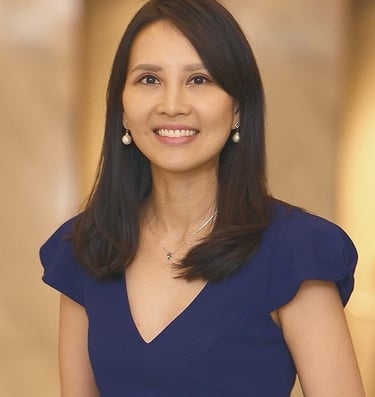

Dr. Diana Acosta Taylor
Dr. Diana Acosta Taylor is a Visiting Fellow in Residence at HRC Indianapolis and an international expert in space administration. She holds a Ph.D. in space administration from University of Melbourne, a master in global affairs from New York University (MSGA), a master in administration from Los Andes University (MBA), and a bachelor of science from the University of Adelaide (BSc.)


Dr. Taylor has been a space administrator consultant for the Australian Space Agency ASP, the National Aeronautics and Space Administration NASA, as well as research administrator and leading intern at the World Bank in D.C., United Nations in New York, and the State Bank of India in Bangalaru.
Dr. Taylor is currently conducting research in the development of strategic partnerships protocols for AI investments within space administration and exploration ground systems (EGS). She will be conducting empirical research at NASA's Kennedy Space Center in Florida while supporting HRC's Research Report on AI Regulation and the Future of Humanity in Indianapolis and Columbus.